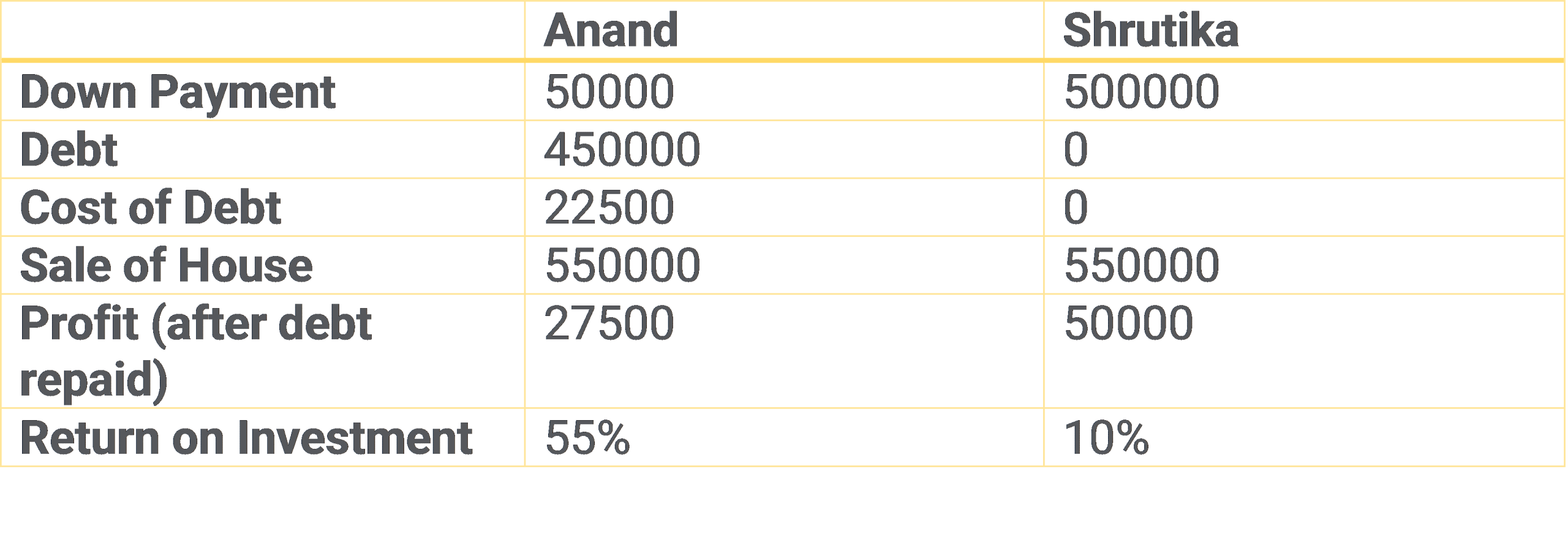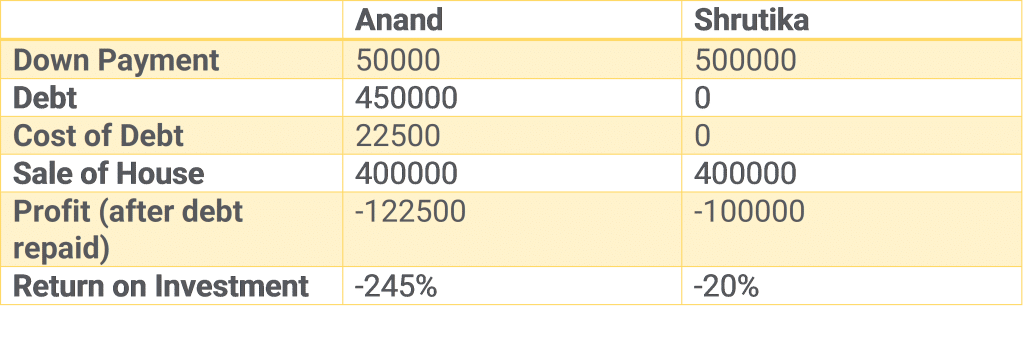Financial leverage simply means the presence of debt in the capital structure of a firm. Similarly, in other words, we can also call it the existence of fixed-charge bearing capital which may include preference shares along with debentures, term loans, etc.
For many businesses, borrowing money can be more advantageous than raising further equity capital or selling assets to finance transactions. This is more true especially for startups and small businesses with low capital and few assets. By taking loans or credit lines, you can finance business operations and jump-start your company until you start earning profit.
In addition to this, firms use leverage to avoid diluting shares. The use of debt (by issuing bonds and loans) instead of issuing stock (shares) to finance business operations help you keep ownership of your company and increase shareholder value.
As a rule of thumb, it is better to borrow when the cost of debt is relatively cheap. That is to say, when interest rates are low. This means that your monthly interest payments are typically lower than they are in periods of high interest rates.
Example:
Anand and Shrutika are both looking to purchase the same house that costs Rs. 500,000. Anand plans to make a 10% down payment and take a Rs.450,000 mortgage for the rest of the payment (mortgage cost is 5% annually). Shrutika wants to purchase the house for Rs.500,000 cash today. Who will realize a higher return on investment if they sell the house for R550,000 a year from today?
Although Shrutika makes a higher profit, Anand sees a much higher return on investment because he made Rs.27,500 profit with an investment of only Rs.50,000 (while Shrutika made Rs.50,000 profit with a Rs.500,000 investment).
Using the same example above, Anand and Shrutika realize they can only sell the house for Rs.400,000 after a year. Who will see a greater loss on their investment?
Now that the value of the house decreased, Anand will see a much higher percentage loss on his investment (-245%), and a higher absolute amount of loss because of the cost of financing. In this instance, leverage has resulted in an increased loss.



